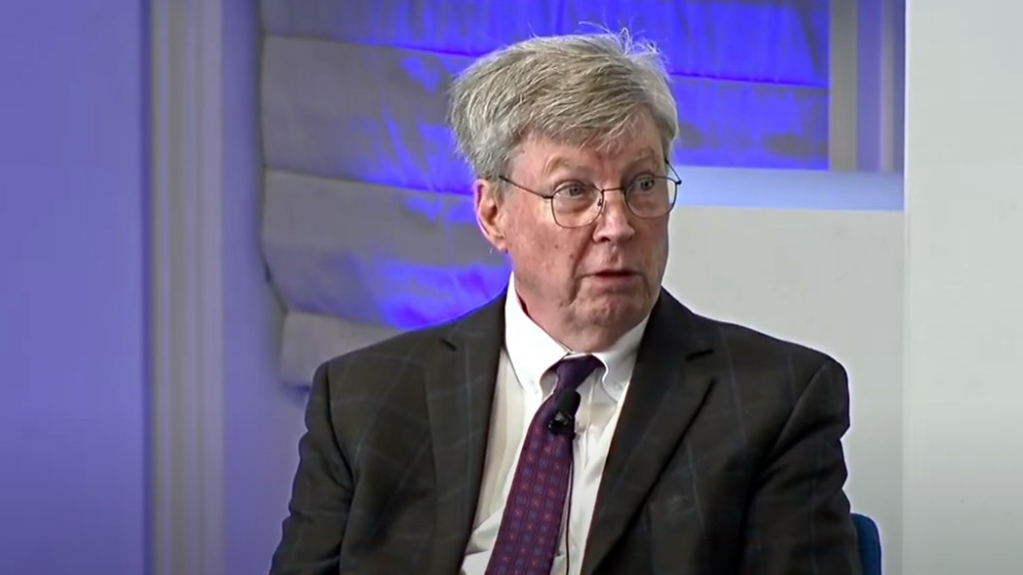"What's the difference between these elections is that never in the past over three decades of Georgia's independence, has there been a government so hostile to the West that took such an anti-democratic and a more pro-Russian, more, lets say, less friendly to the west direction like this government has done," said William Courtney, the U.S. Ambassador to Georgia from 1995 to 1997.
News
According to the American diplomat, there have often been instances in the former Soviet Union where reformist governments, after remaining in power for an extended period, exhibit backsliding.
"It happened to Shevardnadze, it happened to Saakashvili, and now it happened with Georgian Dream. So the real problem is the government’s lack of alternation of power, which is so essential for democracy.
It was not many years ago that we thought Georgia and Ukraine were both on the parallel path to come into the European Union and make democratic reforms. Ukraine is maintaining this democracy despite the stress of the war, Georgia on the other hand, without such a stress, has turned to a different direction.
So, for us in the West we are going to take a look at the election, see how it goes. We had a past pattern of uneven responses to cheating on elections. For example, in Belarus in 2020, we introduced light sanctions, and in relation to Azerbaijan, Uzbekistan, which also did not have completely fair elections, there were no sanctions. But in 2004, during the "Orange Revolution" in Ukraine, when Yanukovych was elected, after the first two rounds, which were not free and fair, Secretary of State Colin Powell said that we do not consider these elections to be legitimate.
So, we are going to see the West's reaction to the October 26 election, which is more like Belarus, Azerbaijan, Uzbekistan, or more like the Orange Revolution. A lot depends on the Georgians themselves, depends on how much cheating was there, whether people go to the streets, as it happened during the Orange Revolution, when it was rejected. It will depend on what Europe will do, because Europe is more important than we are, because Georgians want to be part of Europe, not part of the United States. So we're taking a look at all these factors," said William Courtney.
The former ambassador believes that the West's response to the Georgian parliamentary elections should be swift:
"I don't think anybody and the West expects a free and fair election, certainly based on the administrative measures, that transparency international outline, they're off to a bad start and then
Mr. Ivanishvili has said that after the elections, which he seems to assume a constitutional majority will be obtained, which probably can only be obtained through large-scale theft, he said that opposition will be eliminated at any cost and called it as for Georgian Nuremberg trials of the opposition. That's pretty scary. We haven't seen Lukashenko talk like that.”
According to William Courtney, it is highly likely that the US, EU, and Great Britain will "all go fairly quickly and pretty much together" regarding the elections.
"The Europeans are pretty strong in what they've said. The EU ambassador and the US ambassador in Tbilisi said pretty much the same thing. There's a lot of anger, I think there was some buyer's remorse in the European Union that candidate status was granted to Georgia, despite their current governments’ attitude," he said.















